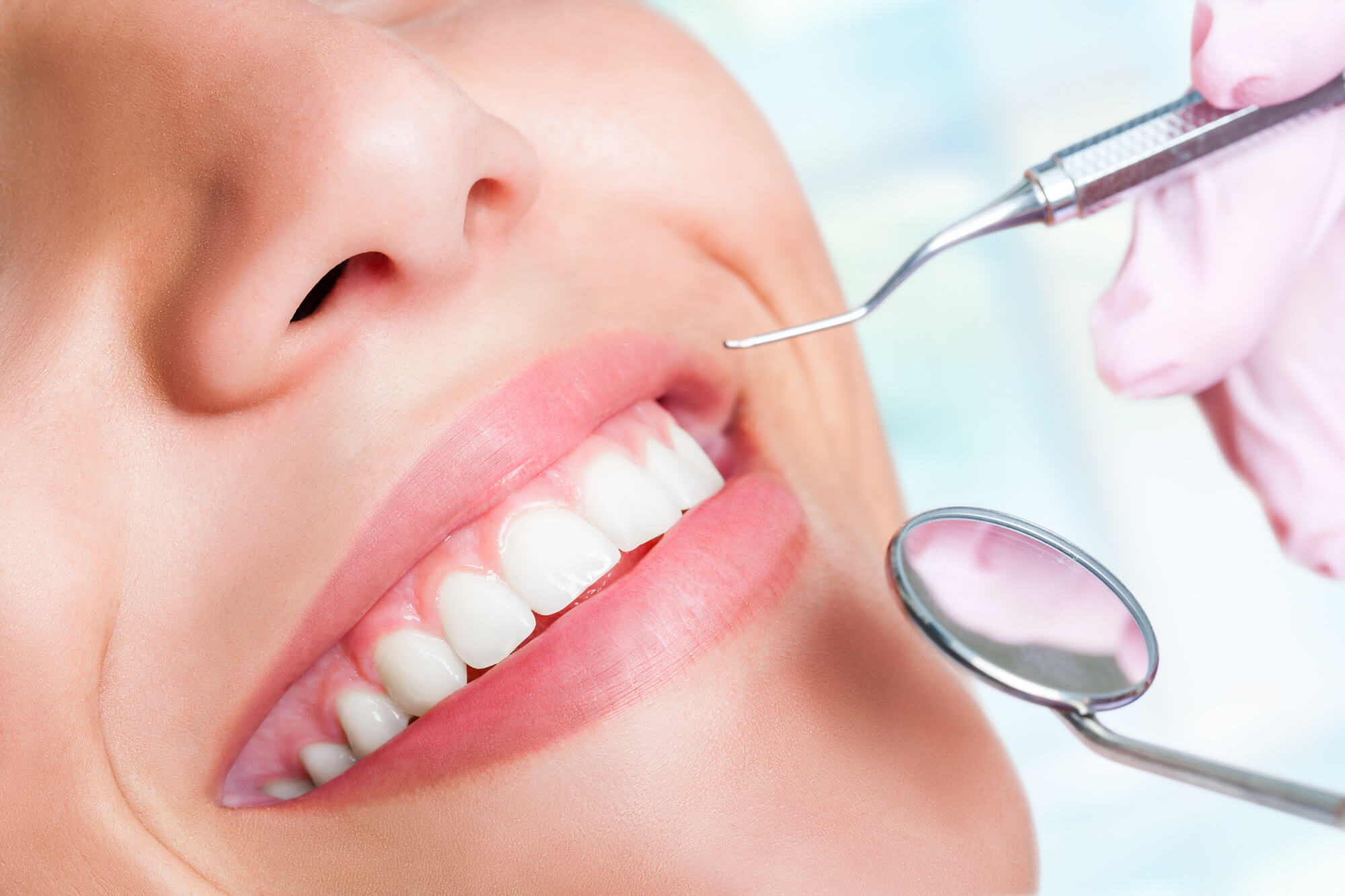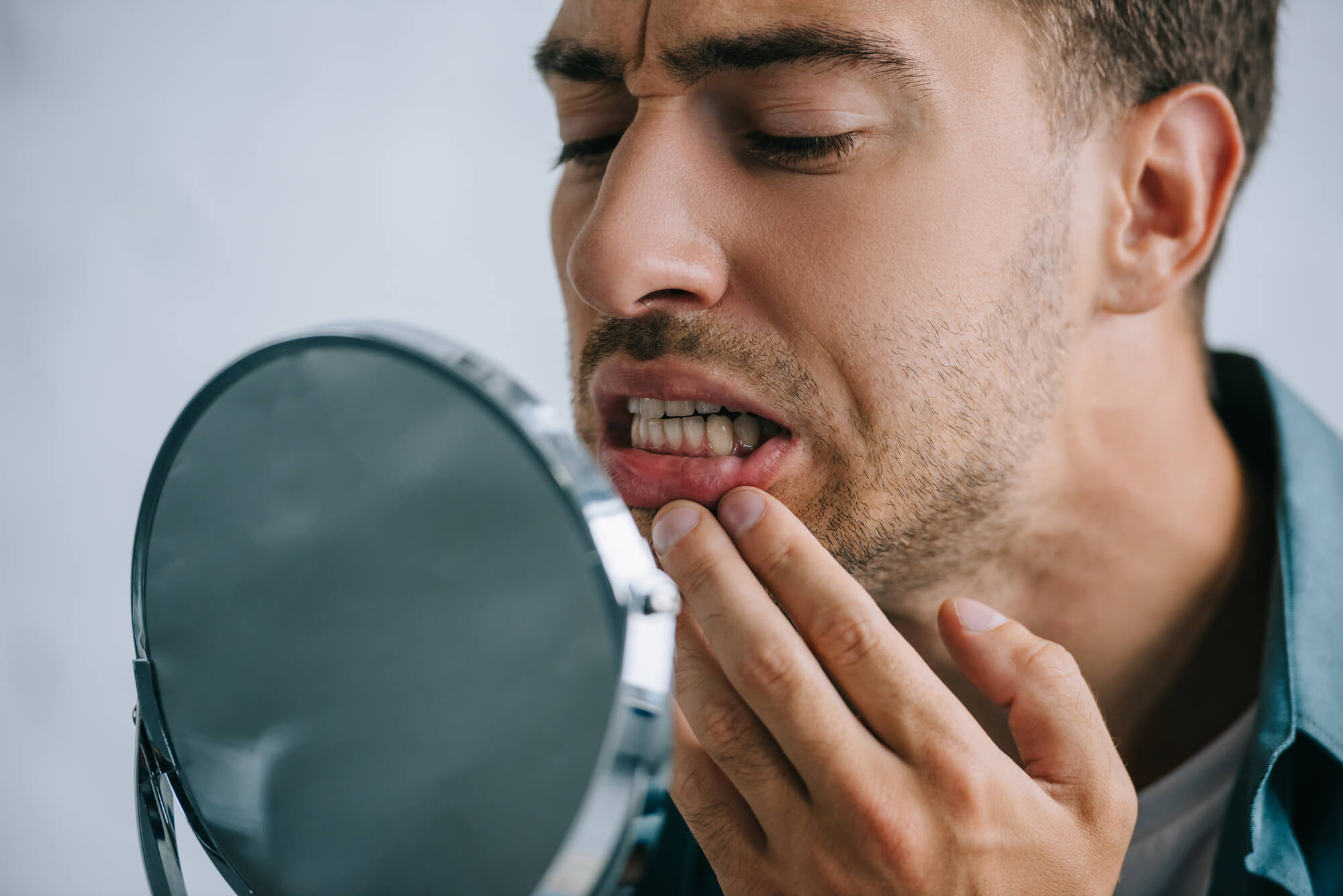Being nervous before undergoing treatment or surgery is normal. Still, it is not something that you should tolerate as it can cause a delay in the procedure, which can negatively affect your health. Good news! Solutions are available, including sedation dentistry in Zebulon. Wondering why dental fear and anxiety happen and how you can overcome them before a procedure? Here are the things you need to know.

Causes and Symptoms of Dental Fear and Anxiety
Dental anxiety is defined as the fear and stress associated with the dental appointment. This is often triggered when you see needles, drills, and other sharp tools used during a procedure. While this is common among many dental patients, this should not be tolerated in the long run, especially when the dental procedure you’re about to undergo is long-term or urgent. Untreated dental anxiety can turn into a phobia, which may cause you to avoid going to a dentist at all.
Dental anxiety can be caused by:
- A traumatic experience from a previous dental or other healthcare procedures
- Trauma in the face and neck caused by accidents
- Depression
- Post-traumatic stress disorder
- Fear of personal space invasion (as your mouth is going to be opened and thoroughly checked)
- Trust issues (especially if it is your first time)
- Existing phobias, such as agoraphobia (fear of not escaping) and claustrophobia (fear of small and closed spaces)
- Loss of control
- Fear of pain
You might have dental anxiety when you experience the following symptoms before undergoing a dental procedure:
- Rapid heartbeat
- Excessive sweating
- Unstable blood pressure
- Fainting
- Crying
- Panicking
- Sudden withdrawal
- Lack of sleep before the scheduled procedure
How to Calm Yourself Before a Dental Procedure
Having unstable emotions as you undergo a procedure can lead to complications, such as higher blood pressure or, worse, heart attacks. Not only can they halt the dental procedure, but they can also lead you to have more serious health problems that need immediate solutions. Including your emotional state when preparing for an oral procedure is not something you should overlook because this can drastically affect the entire process. Here are some effective ways to deal with your dental fear and anxiety.
Communicate with Your Dentist
Always do yourself a favor, and don’t allow your concerns to get bottled up inside you. Speaking up about your fears can allow your dentist to use some strategies for you to be comfortable with the dental procedure. You can ask about the entire procedure to know what to expect and prepare for it. Your dentist can also allow you to send signals when you feel pain as you undergo the process so that breaks can happen and painkillers can be administered.
Distractions
Your dentist puts that television in the office for a reason. You can use that to entertain yourself and be distracted from the procedure. You can also ask permission from your dentist to use your headphones and listen to good music to make you feel better.
Bringing Someone with You
Your dentist won’t mind if you bring someone along to your appointments. Even if you cannot talk to them, their presence will help you calm down. This technique is most effective for young patients.
Meditation And Breathing Exercises
Breathing exercises effectively reduce stress while you are in the dental clinic. To do that:
- Close your eyes and slowly inhale.
- Hold your breath for a few seconds, then breathe out.
- Repeat the steps several times.
Calming Medications That Can Help During Dental Procedures
There are times when meditation and relaxation do not help any more, where medicinal treatments come in. These treatments can relax you and even let you fall asleep as you undergo dental procedures. Medications for your anxiety can be administered hours before your appointment. A psychiatrist often prescribes these, which requires a series of counseling sessions before administering. Your dentist can also sedate you before undergoing the dental procedure. Sedation dentistry is usually done via inhaled sedation, oral sedation, IV sedation, and deep sedation. There are four levels of sedation that you can choose from based on your desired level of comfort and the dentist’s recommendation.
- Minimal sedation, where you are fully awake and relaxed.
- Moderate sedation, where you are awake, but you can’t fully remember what happened during the procedure.
- Deep sedation, where you are asleep but can still be awakened.
- General anesthesia, where you are completely unconscious.

Looking for Sedation Dentistry in Zebulon?
The Tryon Family Dentistry offers quality sedation dentistry that ensures the comfort and relaxation of their patients as they undergo dental procedures in Zebulon, North Carolina. Give us a call to know more about sedation dentistry and book your appointment with us!

